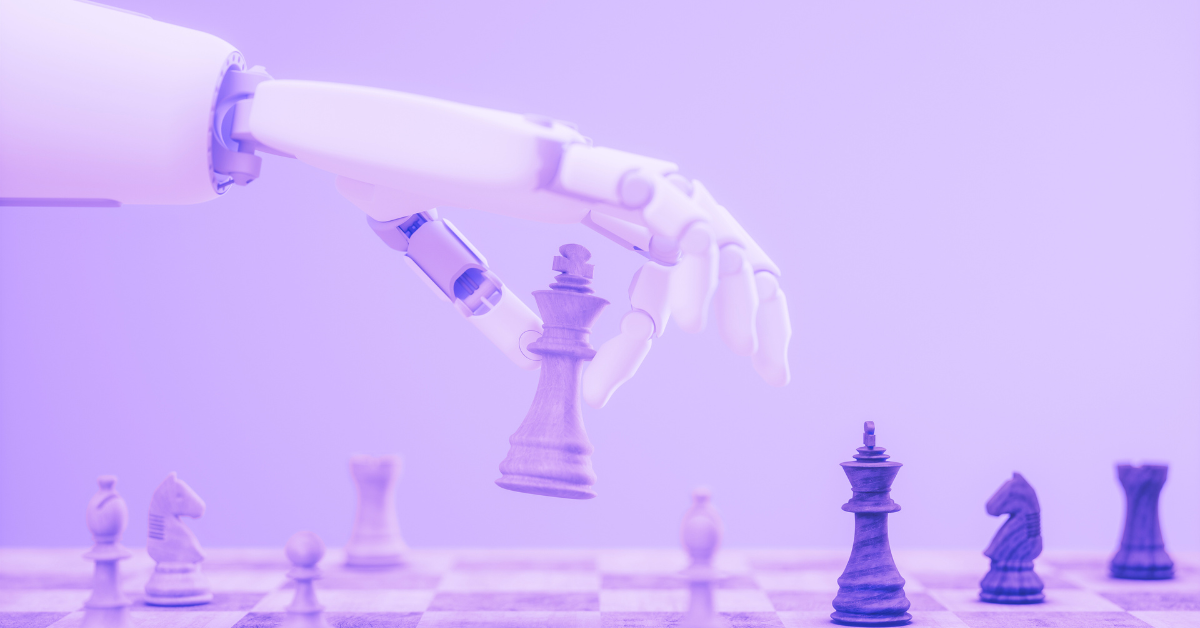AI hesitation: Biomedical researchers tread carefully with AI tools
A recent survey from nonprofit research firm Ithaka S+R shows that while over 60% of biomedical scientists have experimented with AI tools like ChatGPT, only 24% use these tools on a regular basis. Most of the responders are cautious due to concerns about accuracy and ethics.
source: sr.ithaka
AI unlocks key genes behind muscle aging
Researchers at Nottingham Trent University used AI to pinpoint critical genes that may drive muscle aging. The study, published in Journal of Cachexia, Sarcopenia and Muscle, highlights the role of AI in identifying new avenues for drug development to slow down age-related muscle loss.
source: Sci tech Daily
Scientific papers that mention AI get a citation boost
AI isn’t just a trendy topic—it’s helping scientists gain more attention for their work. A Nature survey of 1,600 researchers worldwide found that papers mentioning AI are more likely to rank among the top 5% most-cited in their fields. These papers also receive more cross-disciplinary citations, hinting at AI’s broad appeal and relevance across sciences.
source: Nature
Roche expands Dyno gene therapy partnership with a $1B bet on AI-driven delivery
The Swiss pharmaceutical giant Roche has signed a new deal with Dyno, worth over $1 billion, to further develop AI-enhanced gene therapy delivery tools. Roche is paying $50 million upfront, with the aim of designing better adeno-associated virus (AAV) vectors for gene therapies targeting neurological diseases, a high-priority area for the company.
source: Fierce Biotech


